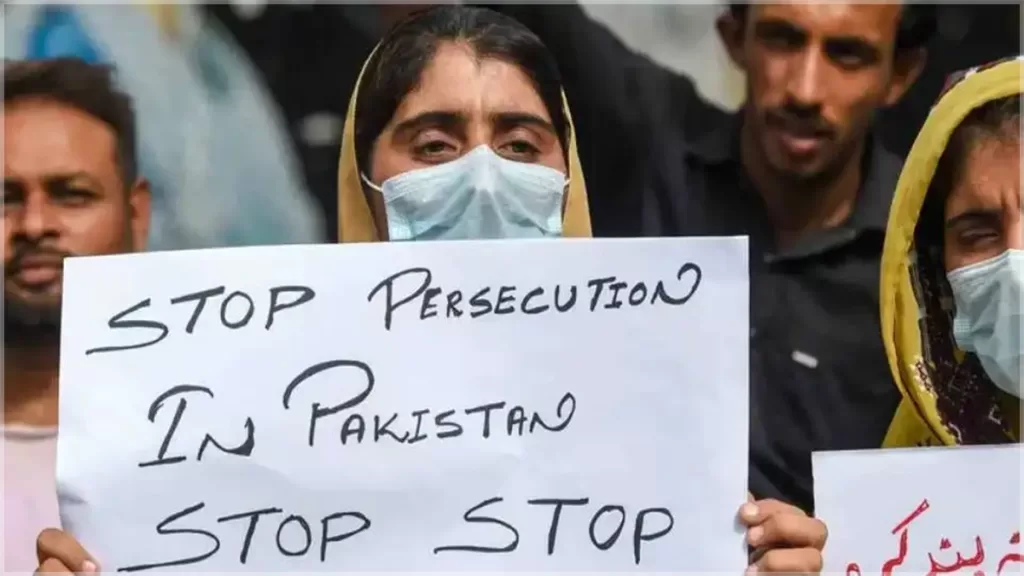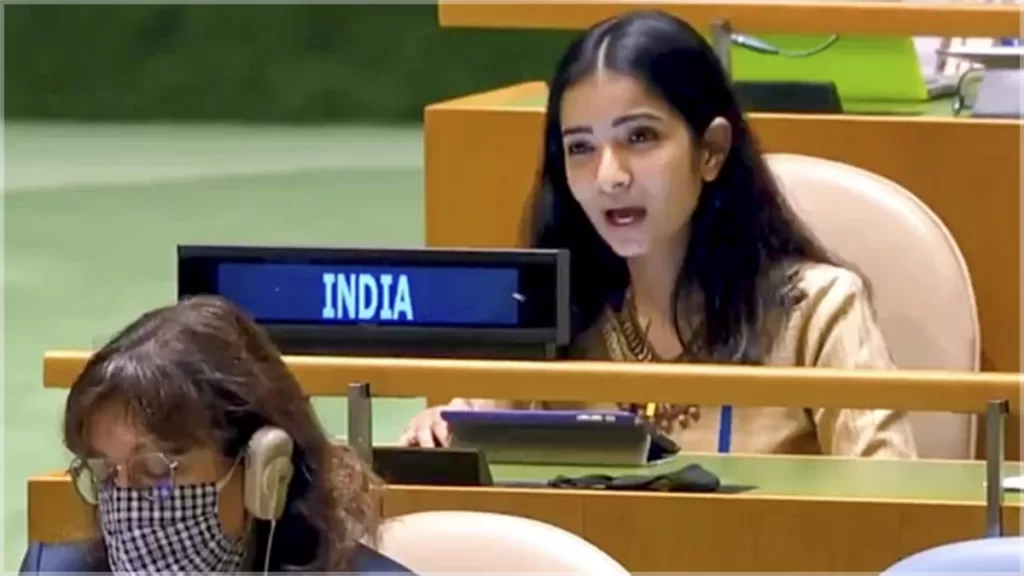During a recent United Nations Security Council (UNSC) anti-terrorism meeting, tensions between India and Pakistan escalated when Pakistan accused India’s Prime Minister Narendra Modi of being responsible for the Gujarat riots. Pakistan’s foreign minister claimed, “Osama bin Laden is dead, but the butcher of Gujarat lives and is the Prime Minister of India.” However, India’s Foreign Minister S. Jaishankar delivered a strong response, exposing Pakistan’s history of supporting terrorism.
Table of Contents
Jaishankar Exposes Pakistan’s Terrorism
In this UNSC meeting, survivors of the 26/11 Mumbai attacks shared their painful experiences, and Jaishankar wasted no time in highlighting Pakistan’s role in fostering terrorism. He pointed out that Pakistan, which once sheltered Osama bin Laden and attacked India’s parliament, should not lecture other nations on terrorism. He added, “If you have snakes in your backyard, you cannot expect them to bite only your neighbors,” indicating that Pakistan’s support for terrorism would eventually harm them.
Jaishankar also emphasized that it was Pakistan’s ministers who should be questioned about how long they plan to continue practicing terrorism. This clear response positioned India as a nation standing firmly against terrorism, while exposing Pakistan’s continuous involvement in supporting terror activities in the region.
Pakistan’s Alliance with China
In addition to addressing Pakistan’s terrorism, Jaishankar also spoke about Pakistan’s close ties with China. He referred to Pakistan as “China’s little brother,” highlighting the growing nexus between the two countries. This alliance, he suggested, has troubling implications for regional stability, especially with China’s influence over Pakistan becoming more prominent.
India Exposes Pakistan’s Terrorism Support at the UN
This is not the first time India has exposed Pakistan’s support for terrorism on an international platform. In previous instances, former Prime Minister Imran Khan had accused India of spreading hate and violence. However, Indian diplomats responded by pointing out Pakistan’s financial and political support for terrorists. Pakistan has long been associated with funding terror groups, with some members of its military actively involved in these activities.

India has also drawn attention to the discrimination faced by minorities in Pakistan. Over the decades, the population of religious minorities, particularly Hindus, has plummeted from 23% in 1947 to just 3% today, highlighting the systematic injustice faced by these communities.
The Importance of the UNSC and India’s Push for Reforms

The UNSC is one of the most powerful international bodies responsible for maintaining global peace and security. However, its five permanent members—China, Russia, the US, the UK, and France—hold veto power, which allows them to block any resolution.
India has been pushing for reforms in the UNSC for years, seeking a permanent seat. In the past, both the US and Russia offered India a permanent seat, but India declined due to concerns about China’s reaction. Today, this decision is seen as a missed opportunity, especially since China often uses its veto power against India. For example, China blocked India’s recent proposal to designate Abdul Rahman Makki, a known terrorist, on the UNSC’s official terror list.
India’s Diplomatic Strength on the Global Stage

Despite challenges at the UNSC, India continues to assert its position internationally. Indian diplomats have been vocal about Pakistan’s illegal occupation of parts of Jammu and Kashmir and its role in global terrorism. India’s consistent stance on exposing Pakistan’s terrorism has gained support from several nations. For instance, Indian diplomat Neha Dubey called for Pakistan to vacate the illegally occupied territories of Jammu and Kashmir. In a similar instance, diplomat Syed Akbaruddin confronted a Pakistani journalist with a clear message: “First, stop terrorism.”
Once again India exposed Pakistan’s terrorism on the global stage, with Foreign Minister S. Jaishankar delivering a powerful response at the United Nations. As India pushes for UNSC reforms and a permanent seat on the council, its firm stance against terrorism and effective diplomacy are gaining international recognition. Through these efforts, India continues to strengthen its global influence while holding Pakistan accountable for its actions.
Read also : Controversial Visit of Zakir Naik to Pakistan


